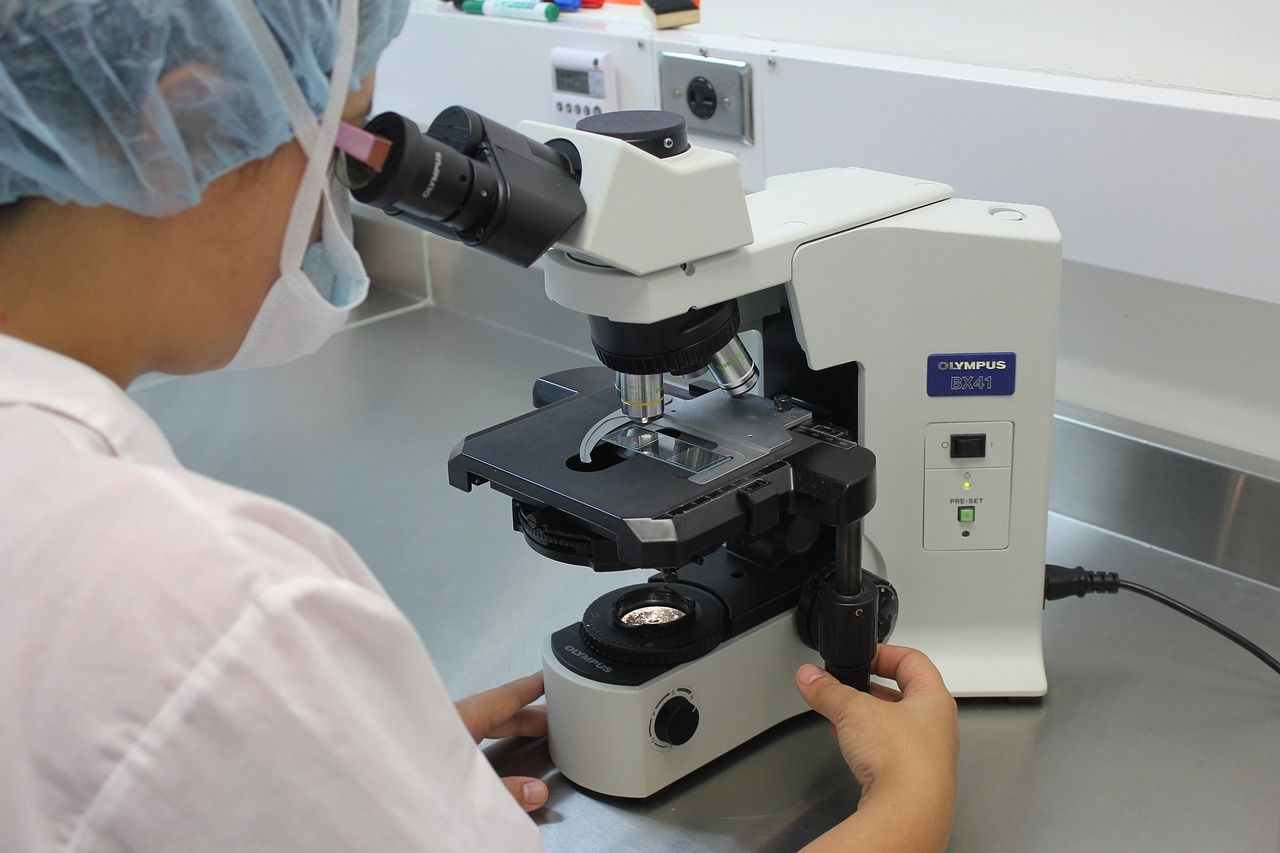Views expressed in opinion columns are the author’s own.
When biochemists announced the successful use of the gene CRISPR-Cas9 for genome editing in 2013, it was a question of when — not if — the technology would eventually be applied to human embryos. We appeared to receive the answer to that question recently, when Chinese scientist He Jiankui went rogue, claiming he had successfully modified the DNA in a set of twin embryos who were born apparently healthy and, according to him, resistant to HIV.
Scientists broadly condemned Jiankui’s actions on the grounds that the application of gene editing technology to humans is not yet well understood, and therefore that altering the twins was dangerous and unethical. But gene editing carries ethical concerns well beyond the immediate danger to those whose genes are edited. For one, the ability to “fix” genomes requires an understanding of what it means for a genome to be “broken” in the first place, which is an ethically perilous determination to make.
There are some things that it seems everyone agrees should be edited out of the human genome: susceptibility to partially genetic diseases like cancer, and conditions that exclusively decrease quality of life, such as Lou Gehrig’s disease or Alzheimer’s disease. Past that, however, it becomes increasingly unclear what constitutes a bona fide threat to the quality of a human life, as opposed to what is simply perceived as a threat by genetically typical people living in a world strongly biased against disability. In short, what might start as a humanitarian project could rapidly descend into abject ableism.
For those unfamiliar with the term, ableism describes a “set of beliefs or practices that devalue and discriminate against people with physical, intellectual or psychiatric disabilities and often rests on the assumption that disabled people need to be ‘fixed’ in one form or the other.” It is among the most pernicious forms of widespread prejudice, in part because it can be especially difficult to avoid confirmation bias when thinking about disability. By way of illustration, I offer an analogy with sexism.
It is true that women are historically and presently underrepresented in STEM fields. Certain notable sexists, like Milo Yiannopoulos, have used this fact to claim that women are innately less suited for science than men. This is indeed one possible explanation for the discrepancy. Since it aligns with the prejudices of sexists, they are likely to be biased toward it, and ignore deeper, more plausible explanations involving hiring discrimination, workplace hostility, etc.
Likewise, it can certainly seem like certain disabilities, on balance, make life worse for those who are affected by them. To genetically typical people, the obvious explanation for this phenomenon is that such disabilities are genetic “flaws,” rather than simple genetic differences. However, there is often a mountain of confirmation bias behind that belief.
For instance, everyday life is often more difficult for those with autism than those without, but this is largely due to the fact that most of modern society was designed by neurotypical people, for neurotypical people. The “disability” is thus relative to society, rather than an objective feature of people. Consider a society built entirely of sensory-friendly spaces; in such a society, it seems there would be few if any ways in which autism would reduce one’s quality of life.
One might object, saying that there would be no need to accommodate disabled people if we used gene editing to eliminate disability. But this is akin to suggesting barring women from public life as a solution to sexism. Without a principled way to distinguish between genetic diseases and societally relative disabilities, we risk destroying entire cultures that have just as much right to exist as those belonging to the genetically typical.
I cannot fully flesh out that distinction here, but I think that thought experiments, such as the kind performed earlier, are the key. We should imagine what a world designed by or populated entirely by people with a certain genetic disorder would look like, and evaluate whether such a world is objectively morally worse than our own. Most importantly, when making such an evaluation, we should defer heavily to those living with disabilities — to both avoid our own confirmation bias, and to ensure that their future is self-determined.
Joey Marcellino is a junior jazz saxophone, physics and philosophy major. He can be reached at fmarcel1@terpmail.umd.edu.



